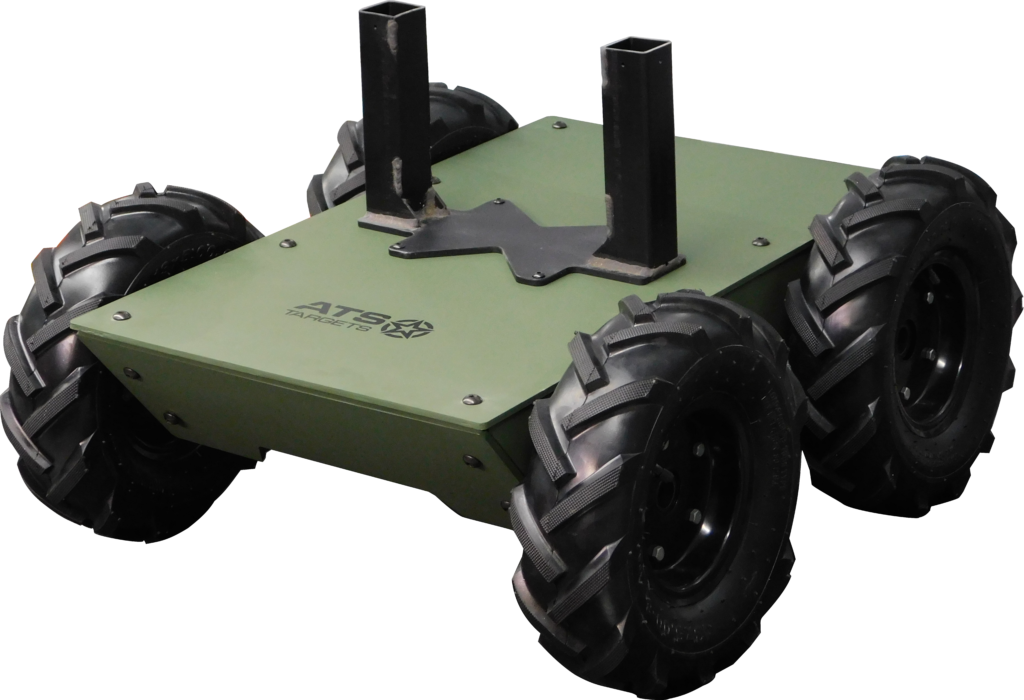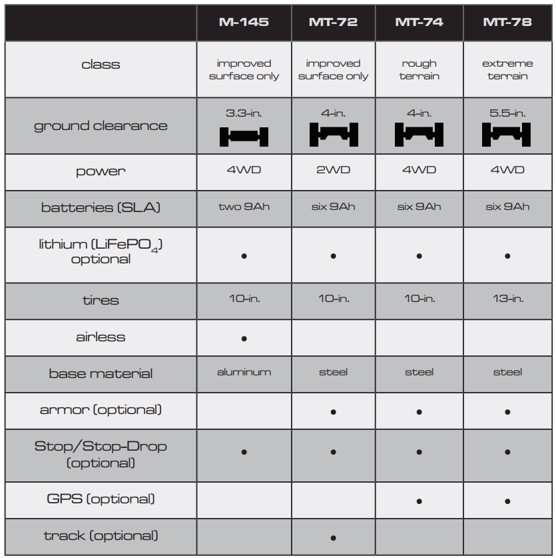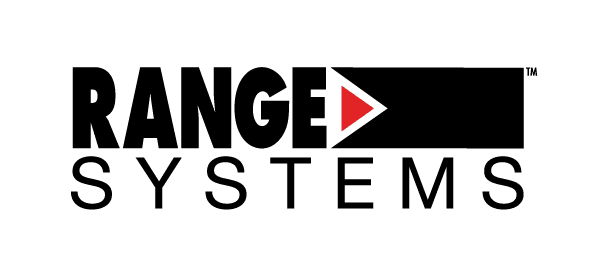Two things are certain: Robotic targets enhance the realism of live-fire training like nothing else, and implementing robotic targets takes careful planning and thought.
At ATS Targets, we’ve led the robotic target systems industry since day one, and we are here to help. We highly recommend a discussion with one of our engineers so that we can pinpoint your specific needs prior to settling on one technology or another.
Number 1 – Safety
Adding a target that can move any direction at varying speed and change its relationship to the shooter adds complexity that must be considered from day one, and every day thereafter. You will need to consider your backstop design. Is it a standard backstop/berm, or does it wrap? How far around does it wrap? Where will shooters be positioned. Where will keep-out zones be for both the shooters and the robot? Is there potential for the shooter to be hit by the robot? On most ranges, all of these factors can be addressed through procedure, simple barriers, or a geofence.
Number 2 – Training Goals
To select the most effective robot for your needs, it helps to set specific training goals so that you can define the application. Examples include: Moving target proficiency, vehicle movements, escalation/de-escalation and use-of-force, engagement distance (pistol, tactical rifle, long gun), and others.

Number 3 – Terrain
Not all live-fire robots are created equal, especially when it comes to drive-train. So, it is vital to consider the terrain you will be training in. If the surface is “improved,” most standard robots will offer great training and lots of great features. However, if the intent is to use the robot on rugged terrain, or steep grades, you may need a robot with higher ground clearance, aggressive tread, and a more powerful drivetrain. Send us pictures or video and we evaluate your options together.
Number 4 – Run-time
Many factors affect run-time including payload (paper/cardboard target vs. Manikin Mike™ or steel), armor, speeds is it running and for what duration during the courses of fire, battery type (SLA, Lithium), and temperature. Be thinking through your typical training needs, and we can work with you to get a cost-effective solution.
Number 5 – Features
Each of our base platforms has a number of features available. The key features to consider are 3D targets, hit-reactive targets, GPS, Lithium batteries, and airsoft shoot-back, to name a few. The difficulty with features is narrowing down your needs, but the top accessory is a hit-reactive 3D target to provide the very best realism possible to your training.
Number 6 – Cost
The last but most certainly not least consideration is cost. Our targets range from about $4K to $16K depending on features. We can work with you to get a platform that you can start training on immediately, and then we can add features after the fact that will only further enhance your training and your team’s skills.
We hope that this helps you think through your needs, and we are always here to help. Just call us at 651-429-8091 or email us at sales@range-systems.com if you have any questions about your project. What can we build for you?
ATS Targets Robot Buyers Guide




